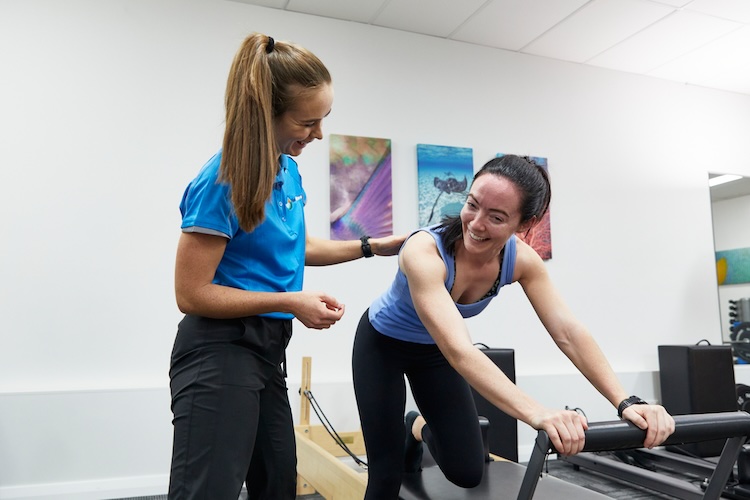World Diabetes Day Low Carb Cook Book
Next Wave are celebrating World Diabetes Day this year with the launch of their low carb living e-cookbook. Packed with some of our favourite, yummy, nutritious ‘low carb’ recipes it’s a starter kit for those wanting to reduce their sugar & refined carbohydrate intake.
Why a ‘low carb’ cook book?
A ‘low carbohydrate’ diet can improve insulin resistance and stabilize blood sugars levels. It is useful for auto-immune disorders, improves mental health, weight loss, energy levels and mental focus.
Please note this is simply a recipe book and if you’re serious about gaining some of the benefits of a low carb diet you will need to learn about low carb high fat (LCHF) principles for eating, discussed in brief at the end of this book.
You can also make an appointment with one of our Naturopaths for nutritional planning specific for you needs.
Preventing and managing diabetes is not just about what you eat. Exercise and managing stress is just as important. Luckily exercise is helpful for both insulin resistance and mental health. So if you are unable to exercise due to injury or other health concerns our physiotherapists are well equipped to assess your needs and formulate an achievable plan with you.
And if your stress is overwhelming or you have a more serious mental health concern our occupational therapist (and author of the “Low Carb Cook Book” provides focused psychological therapies with Medicare Rebates available.
How do I get my Free copy of the Low Carb Cook Book?
To receive your FREE copy simply subscribe to our newsletter (at bottom of this page) and we’ll email it to you as a PDF. It’s that easy! Already a subscriber? contact us by email and we’ll send it out to you.
Some Diabetes Facts
Diabetes is the epidemic of the 21st century and the biggest challenge confronting Australian health system.
280 Australians develop diabetes every day. That’s 1 person every 5 minutes. Currently 1.7 million Australians have diabetes. For every person diagnosed with diabetes there is usually a carer / family member in a supportive role.
That’s approximately 3.4 million people who ‘lives with diabetes’ every day.
Annual cost financially is 14.6 billion (2017 in Australia).
Diabetes is the fastest growing chronic condition in Australia. It is increasing at faster rate than any other chronic disease e.g. compared with cancer and heart disease.
It’s prevalence and incidence internationally has increased dramatically since the 1950’s. This directly correlates with change in lifestyle, eating patterns (increased refined sugar consumption) and manufacturing of foods (packaged).
Internationally the past 5 years has seen a very rapid increase in Diabetes especially in the very young.
Type 1 Diabetes is an auto-immune disease and there is no definitively known cause.
Current theories include altered genetic expression (inflammatory mediated changes) and virus triggered auto-immunity. Many environmental factors have been implicated, but none clearly identified.
While mechanisms of involvement are described as elusive, key areas of research are directed at the role of viruses, gut microbiota, early life feeding patterns and childhood growth. (John Wiley & Sons, 2010)
Type 1 Diabetes is one of many auto-immune disorders that have an increased incidence in our society. Among these are thyroid disorders, arthritis, Crohn’s and asthma.
Type 2 Diabetes is linked with genetic and lifestyle factors (weight gain, poor diet, stress, low exercise).
Type 2 Diabetes is one of many neuro-endocrine disorders that have increased incidence in our society. Among these are Syndrome X, hormonal related dysfunction, Cancer, Alzheimer’s disease , chronic pain, depression and anxiety.
Life is Sweet
Next Wave’s “Low Carb Cook Book” is now available FREE when you subscribe to our newsletter







